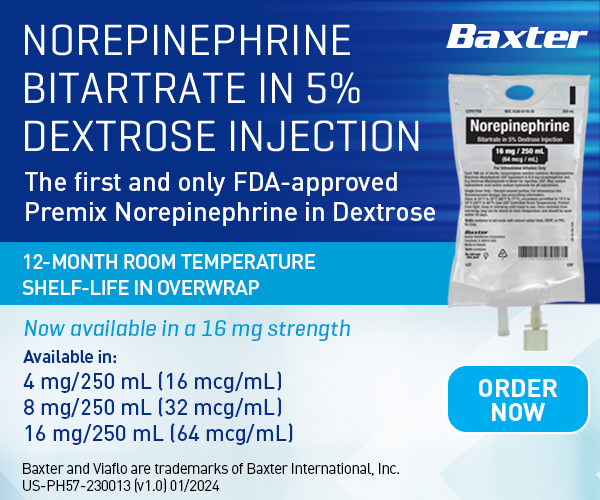RYE BROOK, NY — While about one-fourth of blood cancer patients failed to produce detectable antibodies after COVID-19 vaccination, those with multiple myeloma fared better than most.
That’s according to a report from The Leukemia & Lymphoma Society (LLS) that was published in the journal Cancer Cell. Along with earlier studies, it found that specific hematological cancer patients might not get optimal protection from vaccination against SARS CoV-2 infection. The study looked at 1,400 patients divided by major blood cancers and treatment types.1
“Although some patients with hematologic malignancies will not mount a full antibody response compared to healthy individuals, vaccines are safe and offer protection to the majority of blood cancer patients,” said Gwen Nichols, MD, chief medical Officer at LLS. “But not everyone will be protected, and blood cancer patients are at increased risk of serious illness and death from COVID-19. We encourage blood cancer patients to take every measure to protect themselves from COVID-19 by getting vaccinated and continuing to take preventative precautions. This includes wearing a mask, social distancing, and avoiding crowds and poorly ventilated indoor spaces.”
LLS estimated that nearly 250,000 blood cancer patients in the United States will not mount detectable antibodies following COVID-19 vaccination. The data from the study published in Cancer Cell came from more than 8,000 current and former blood cancer patients who joined the LLS National Patient Registry, a project of the Michael J. Garil Patient Data Collective.
For the study, 1,445 registry participants had their antibodies measured at least two weeks after their second dose of either the Moderna or Pfizer mRNA vaccine, which were most commonly used during the March 12 to May 5, 2021, period covered by this study.
The researchers from LLS and the Mayo Clinic in Rochester, MN, and Jacksonville, FL, found that multiple myeloma patients had higher rates of detectable antibodies compared to other blood cancers. The data indicated that only 5% of patients with multiple myeloma were seronegative, although other studies have reported higher seronegative rates (up to 15%) in multiple myeloma patients, according to the report.
On the other hand, non-Hodgkin lymphoma patients are less likely to have detectable antibodies, with the percentage of patients with non-Hodgkin lymphoma who were seronegative following vaccination fell into the 21% to 56% range. That included patients with diffuse large B cell, mantle cell, marginal zone and follicular lymphomas, as well as Waldenstrom’s macroglobulinemia. “Many of these patients were treated with anti-CD20 antibodies such as rituximab, which eliminates B-cells that make antibodies,” the authors wrote.
As for leukemia patients, those with chronic lymphocytic leukemia (CLL) are most likely to be seronegative. More than one-third (36%) of patients with CLL, the most common leukemia in U.S. adults, were seronegative after vaccination. “Nearly three in 10 of them had no cancer therapy in the past two years, showing that the disease itself may impair the B cell function needed to make antibodies to vaccines,” according to the researchers, who added, “However, the seronegative rates were even higher in CLL patients who were treated within the last two years with drugs that impair B-cells, including BTK inhibitors such as ibrutinib, anti-CD20 antibodies or combinations of these therapies or their use with venetoclax, a BCL2 inhibitor.”
The study also reported that CAR T-cell immunotherapy might impact vaccine response.
- Greenberger LM, Saltzman LA, Senefeld JW, Johnson PW, DeGennaro LJ, Nichols GL. Antibody response to SARS-CoV-2 vaccines in patients with hematologic malignancies. Cancer Cell. 2021 Aug 9;39(8):1031-1033. doi: 10.1016/j.ccell.2021.07.012. Epub 2021 Jul 22. PMID: 34331856; PMCID: PMC8295014.

